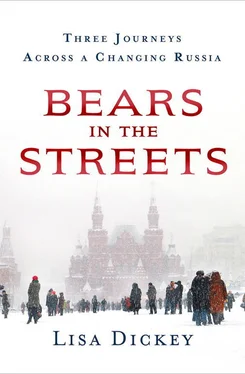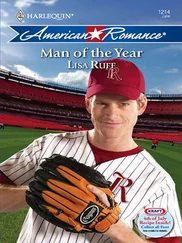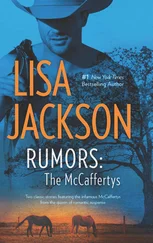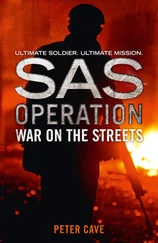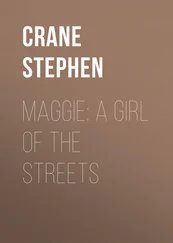“Journalists get killed in America too,” she retorted.
“Not like that,” I said. “They’re not murdered for doing their jobs.”
“Journalists are murdered in America,” she said, her voice rising. “We hear about it over here. Maybe they don’t tell you about it there, but I know it has happened many times.” I just shook my head. There was no such spate of murders. And if there had been, it certainly wouldn’t have been on the orders of President Obama. Yet I truly believed that Putin’s government had had a hand in—or at least, had been privy to—the murders of people such as investigative reporter Anna Politkovskaya, Putin critic Alexander Litvinenko, and, of course, opposition leader Boris Nemtsov, who’d been gunned down just outside the Kremlin walls less than a year earlier.
“And you know, it’s not just the Russian press that’s more free,” she continued. “Russians in general have more freedom than Americans.”
At this, I turned my attention back to my sandwich, ready to give up on the conversation. Sensing my frustration, Anya jumped in. “Liza, I think I know what she means by that. Let me tell you something that happened when I was in America.” She told me that one night, as she and a friend were talking and laughing in her hotel room, a woman called the police on them. “We weren’t screaming, nothing out of the ordinary, but suddenly the police were involved,” she said. “In Russia, we would have just knocked on the door ourselves and asked for quiet. But in America, people exercise their rights in a way that infringes on other people’s rights.”
Masha chimed in with another story she’d heard, about a woman and her daughter who’d been lying in the surf at an American beach, when “someone called the police to report that they might be drowning,” she said. “This is ridiculous! In Russia, a man would just swim out to take care of the situation.”
I ignored the inherent sexism in her solution, but told them they were right about one thing: Americans don’t act freely in certain situations, because they’re afraid of getting sued if something goes wrong. “We’re a very litigious society,” I said, “much more so than Russia. It is a problem.”
“This is what I’m talking about!” exclaimed Masha. With the possible exception of Big Igor on Lake Baikal, she was the most unabashedly anti-American person I’d met yet—or at least, the most openly vocal one. I’m not a mindlessly flag-waving American, but this conversation was making me angry. “I see some of the points you’re making,” I told her. “But at the very least, where the media is concerned, I don’t believe you have your facts correct.”
Once again, Anya stepped in to mediate. “I think you’re both right,” she said. “Everyone loves their own country. And the press in every country ends up supporting its own government.”
“Have you heard of Fox News?” I asked. “Watch a few minutes of that, and you’ll see how pro-government the media is. They do nothing but attack Obama, twenty-four hours a day.”
“I have seen it,” said Masha. “But that is anti-Obama, not anti-America. The media is pro-America.” This was a fair, though nuanced, distinction, although the Russian media is no less pro-Russia.
I changed tacks. “You’ve been to America, right?” I asked. She responded that she’d never been. I wanted to ask how she could claim to know what was really happening there, but I didn’t. Instead, I offered an invitation.
“Please come,” I told her. “You might feel differently if you visit.” She actually seemed touched, her body language softening as she relaxed back into her chair. “I’m not sure we can ever really know what’s happening in places unless we go there ourselves,” I said. “That’s why I’m here. I’m sure most Americans don’t really know what’s really going on in Russia.”
“It’s true,” she said. “They think we’re backward, like we have bears wandering in the streets or something.” Despite my irritation, I had to laugh.
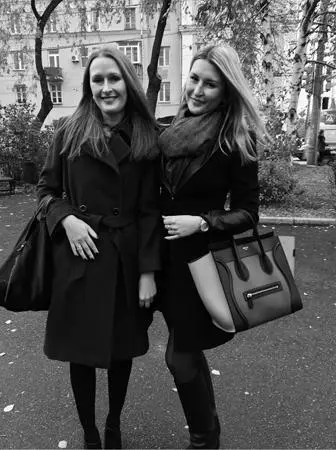
Masha and Anya after our contentious lunch at the Wild Boudoir Café, 2015 (PHOTO BY LISA DICKEY)
I wish I could report that this exchange led to a warm and lasting détente, but then the conversation turned to 9/11. When Masha noted that in Italy, where she often vacationed, many people believed the U.S. government had purposefully knocked down the Twin Towers to boost the stock market, it was all I could do not to hurl the remains of my sandwich across the table. Anya was staring studiously at her phone, unwilling to get anywhere near this conversation. Mercifully, the server at last brought the check, and Anya quickly paid the bill.
I figured this would be the last time we saw each other, so I asked Masha if we could take a ten-years-later photo of her and Anya together. None of us were in the mood—at least, I wasn’t—but the sisters dutifully posed in a little square across the street from the restaurant.
To my surprise, Masha then invited me to come see her apartment. Anya drove us there, and although the place was magnificent, with spectacular views over the whole city, what caught my eye was the vast assortment of American toys in Nikita’s room, including two Buzz Lightyears, a Woody doll, and a stuffed Garfield the Cat. As Nikita proudly showed them to me, I found myself amazed that Masha allowed them in her home. But I refrained from commenting, having already had that particular can of worms for lunch.
* * *
Back in Anya’s car, we discussed the lunchtime contretemps. “Masha’s at home all day every day with a five-year-old,” she said, with a laugh. “She needs to have more conversations with people. Don’t think anything of it.” Then she asked me if I’d like to spend the night at the dacha. I felt like a child who’s been offered a cookie after choking down my spinach.
We picked up Max that evening and drove to Lake Chebarkul. Sergei and Lyuba were out there too, of course, and they invited us to have dinner with them. It was already dark as we drove, so there wasn’t much to see; we just rode along in the blackness to an endless soundtrack of pop music. Like the “nice, gentle” humor of Friends , Anya also enjoyed old love songs. She wouldn’t have said it in front of Max, but later she told me, “When I was younger, I used to think such songs were stupid and sentimental. But now I feel differently. I understand what they’re about, because I’ve lived it.” This cool Russian beauty truly was a romantic at heart.
After a little more than an hour, we arrived at the gate outside Anya’s dacha. Before we pulled in, she pointed across the street at a red-brick church with a gold cupola on top. “My mother built that,” she said, as I gaped. I knew the family had built a chapel, but I hadn’t realized it was a full-fledged onion-domed church. “She did it after her brother died,” Anya told me. “Also, so people here would have a place to pray.”
When we walked into the dacha, I found myself gaping again. The first floor had 15-foot ceilings, a chandelier, and a vast open living room and kitchen, and the walls were covered in contemporary art. Anya gave me a tour while Busya and her other dog, a mutt named Knopa, scampered about. On the second floor, she showed me several bedrooms before we got to mine, which had a curved-wall bedchamber (it was located in the dacha’s turret) with a giant round double bed. The floors were heated, even in my private bathroom, and silk curtains surrounded the bed. I put down my backpack, and Anya said, “Do you want to see the cinema room?” Seriously?
Читать дальше
